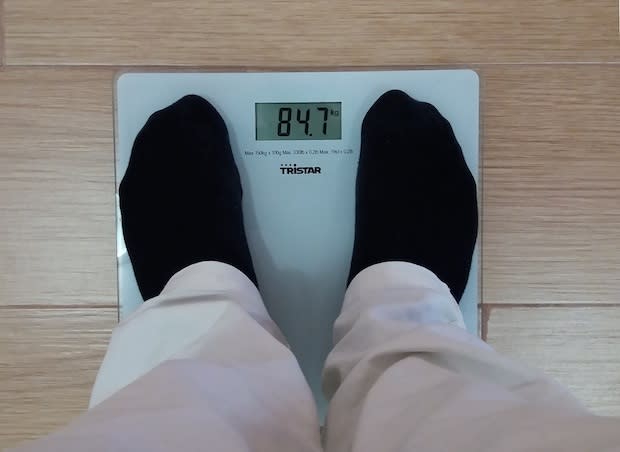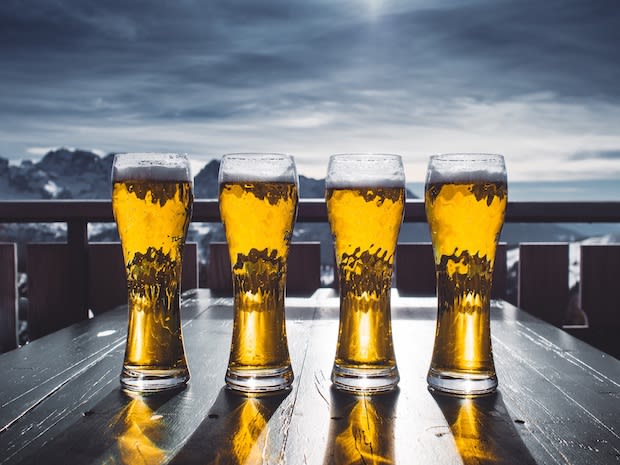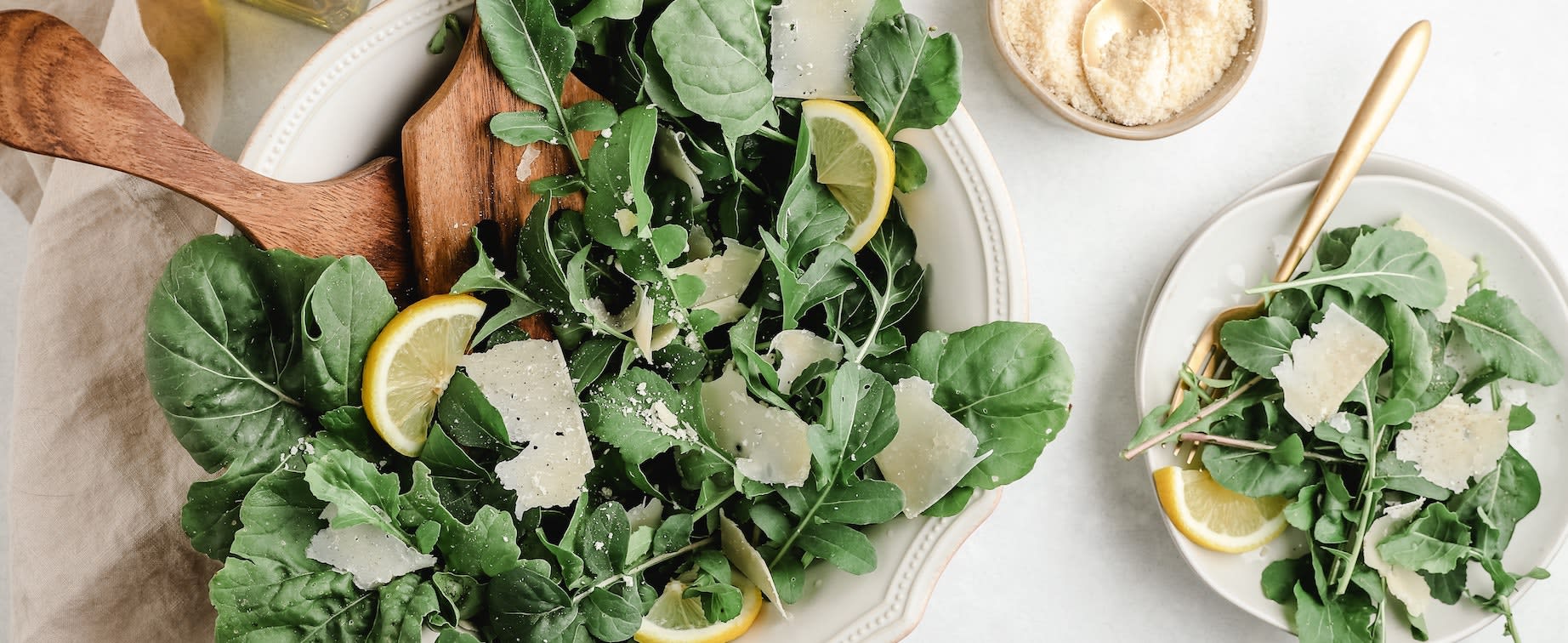Table of Contents
I. What is High Blood Pressure?
II. Tips to Lower Blood Pressure
What is High Blood Pressure?
High blood pressure (HBP or hypertension) is a symptomless condition that affects almost half of adults in the United States. However, many may be unaware that they have the condition. [1] While there are no obvious symptoms of hypertension itself, it can lead to serious complications, including heart attack and stroke.
The heart is a muscle that pumps blood around the body. It is vital that blood can travel to other parts of the body as it carries oxygen and other nutrients to the organs and muscles. Blood pressure is a measurement of the amount of blood that is pumped by the heart and the amount of resistance that it faces. For people with high blood pressure, their heart has to work harder in order to pump blood, gradually weakening the heart. [2]
There are many prescription medications that are effective at lowering blood pressure. These include Diovan (valsartan), Lasix (furosemide), and Aldactone (spironolactone). However, there are also lifestyle changes that you can make that also lower your blood pressure. Keep reading to learn some tips on how to naturally lower your blood pressure.
Tips to Lower Blood Pressure
a. Lose Extra Pounds
Being overweight or obese is a major risk factor for having high blood pressure. This is because excess fatty tissue increases the resistance in your blood vessels, resulting in your heart working harder. [3]
For those that are overweight, weight loss is one of the most effective ways to naturally reduce your blood pressure. This does not mean that you need to lose weight dramatically. Even a small amount of weight loss can make an improvement. A general guide is that each kilogram (2.2lbs) lost reduces blood pressure by around 1mm Hg. [4] Eating a healthy diet is important for those that want to reduce their blood pressure. Not only does eating healthier help you lose weight, but there are also several other health benefits. Regularly eating certain foods that are high in specific nutrients, such as magnesium or potassium can lower blood pressure. Recommended foods include: As well as these foods that contain plenty of nutrients, a healthier diet also means limiting or avoiding foods that can increase blood pressure. Specifically, you should limit foods with excess salt, fried foods, fast food, butter and margarine, and fatty meats. [6] Staying physically active does not mean that you need to start an intense exercise regime. Anything that increases your heart rate and makes you breathe harder is beneficial. This can involve regular brisk walks, swimming, cycling, or even housework or working in the yard. There is no right amount of exercise. Try to do light or moderate exercise, such as brisk walking, five times a week for 30 minutes. More dynamic exercises such as playing sports or jogging can give the same benefits when done for 20 minutes, three times a week. While staying active is great for reducing your blood pressure, make sure that you do not over-exert yourself. [7] Smoking causes long-term damage to your blood vessels, damages your heart, and reduces the amount of oxygen that can be carried in your blood. Not only does all of this increase your blood pressure, but it can also increase the risk of other serious medical conditions, including heart disease and stroke. [8] In addition to the long-term effects of tobacco, each time that you smoke, your blood pressure dramatically spikes and remains increased for several minutes after you finish smoking. Quitting smoking is a great way of reducing your blood pressure and also improving your general health. [4] It is more difficult to assess the effects of alcohol on blood pressure than the other risk factors. This is because, in moderation, alcohol may lower blood pressure. A moderate amount is no more than one daily alcoholic beverage for women and two for men. Drinking more than a moderate amount of alcohol increases your blood pressure. While people with high blood pressure do not need to stop completely drinking alcohol, only drinking a moderate amount can help reduce your blood pressure. Additionally, alcohol often reduces the effectiveness of blood pressure medications. If you are taking prescription drugs for your blood pressure, you should speak to your doctor about the effects of alcohol. [4] Stress is another common factor in high blood pressure. During periods of stress, your body increases the number of hormones produced. This increases your heartbeat, which causes a short spike in blood pressure. As well as causing a short-term increase in blood pressure, stress can also lead to other risk factors, including eating unhealthy food, smoking, or drinking alcohol. [4] The content in this article is intended for informational purposes only. This website does not provide medical advice. In all circumstances, you should always seek the advice of your physician and/or other qualified health professionals(s) for drug, medical condition, or treatment advice. The content provided on this website is not a substitute for professional medical advice, diagnosis, or treatment.
b. Eat a Healthier Diet
c. Staying Physically Active

d. Quit Smoking
e. Limit Alcohol

f. Reduce Stress
